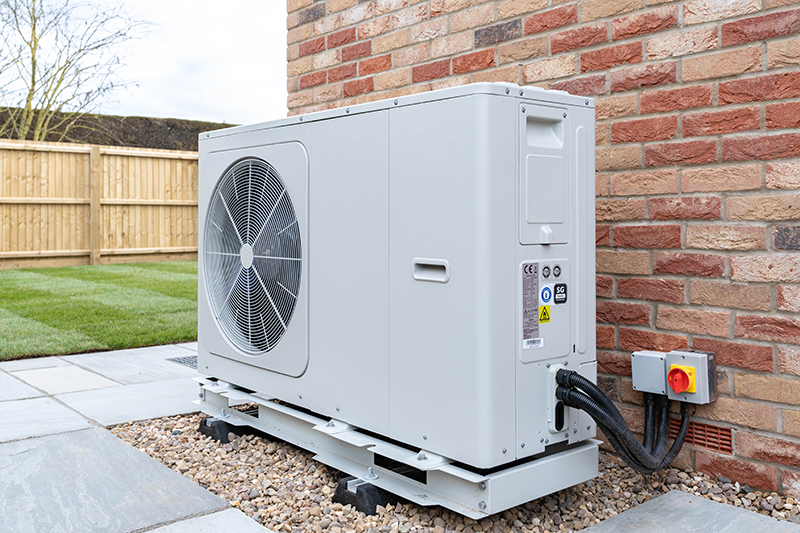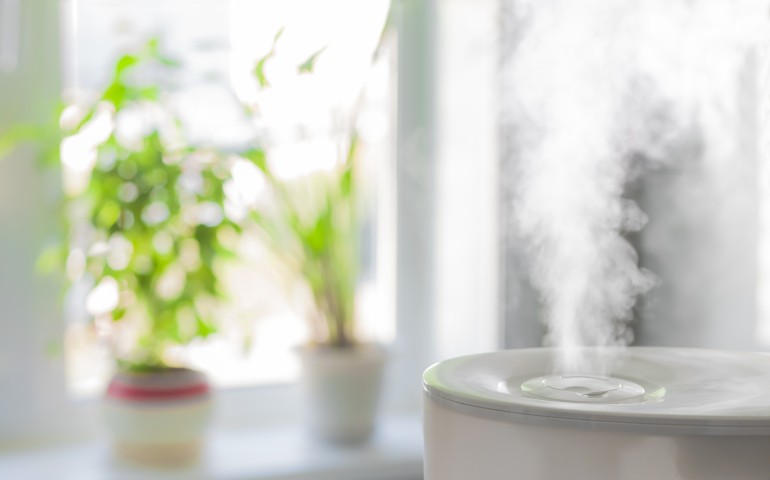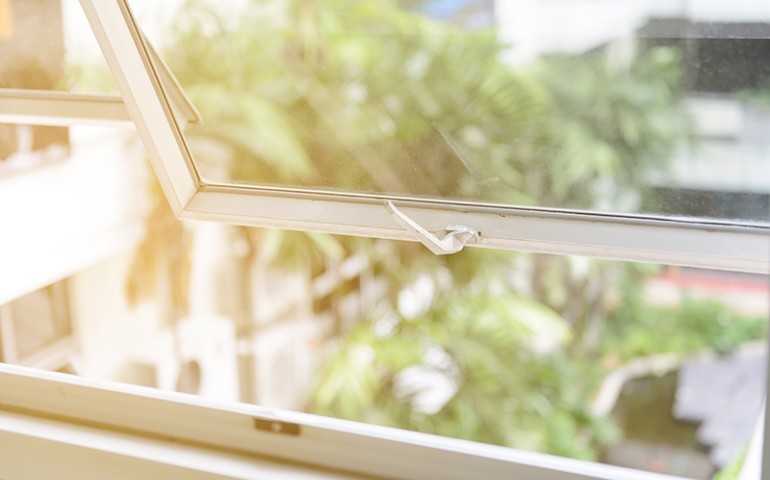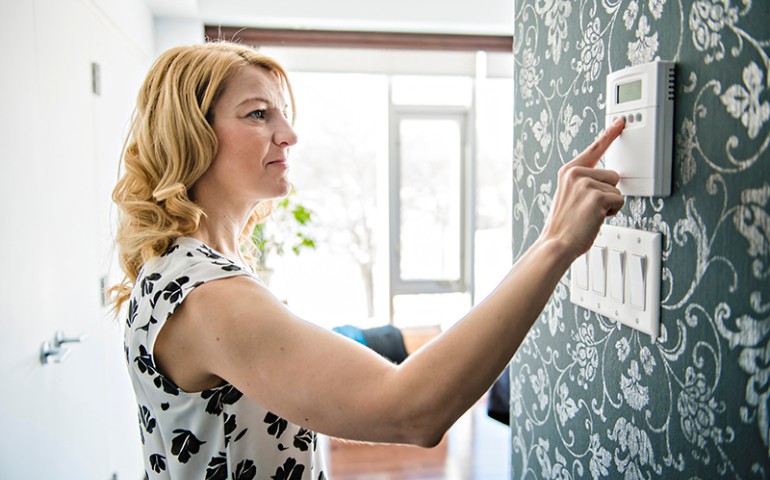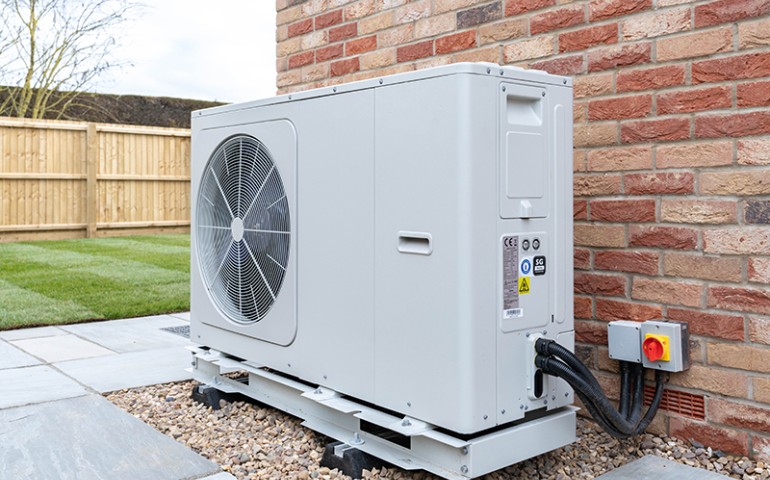Hybrid Heating: The Best of Both Worlds for Year-Round Comfort
With heating, finding a system that provides comfort and energy efficiency is vital. Hybrid heating offers the best of both worlds. It combines the strengths of two different heating technologies. In this blog, we look at what hybrid heating is and look at which homes are best for this system. We also provide important questions you should ask before considering hybrid heating installation. Discover how hybrid heating can provide year-round comfort while maximizing energy efficiency.
Understanding Hybrid Heating
Hybrid heating combines two technologies, usually a heat pump and a gas furnace. They work together to provide efficient heating throughout the year. A heat pump extracts heat from the air outside (even in cold weather) and transfers it indoors to warm your home. Heat pumps are efficient and can also provide cooling in the summer. A gas furnace burns natural gas or propane to produce heat. Gas furnaces have quick and powerful heating capabilities. In a hybrid heating system, the heat pump serves as the primary heating source. Once the temperature drops below a certain point, the gas furnace provides extra heat. This dynamic switching between the two systems ensures optimal energy efficiency and comfort.
Homes Suited for Hybrid Heating
Hybrid heating is ideal for certain types of homes and climates. Hybrid heating is most effective in regions with moderate winters and milder temperatures. These climates allow the heat pump to extract heat from outside in the heating season. Hybrid heating requires a gas line for the furnace component. If your home has access to natural gas or propane, it is well-suited for a hybrid heating system. Hybrid heating appeals to homeowners who want to focus on energy efficiency. The combination of a heat pump and a gas furnace allows for energy savings and reduced utility costs.
Questions to Ask Before Installing Hybrid Heating
Before considering hybrid heating installation, ask yourself the following questions.
- Is my home insulated? Good insulation is crucial for hybrid heating efficiency. Ensure your home has enough insulation. This helps reduce heat loss and maximize the effectiveness of the heating system.
- What are the upfront costs? Hybrid heating systems often have higher upfront costs compared to traditional heating systems. Consider your budget and look at the long-term energy savings to determine if it is worth it for you.
- Does the system need regular maintenance? Like any heating system, hybrid heating requires regular maintenance to ensure optimal performance. Inquire about maintenance requirements and factor them into your decision-making process.
- Are there any rebates or incentives available? Research local energy efficiency programs or rebates for installing a hybrid heating system. Take advantage of these incentives to offset some of the initial costs.
- Can my current ductwork accommodate the system? Check if your existing ductwork is compatible with a hybrid heating system. Consult with an HVAC technician to assess any modifications required for proper installation.
Contact Us
Hybrid heating is a great solution for those wanting comfort and energy efficiency. There are so many great benefits of a hybrid heating system. By asking important questions before installation, you can make the right decision. If you want more information about hybrid heating, contact us today. Experience year-round comfort while maximizing energy efficiency with hybrid heating technology.

